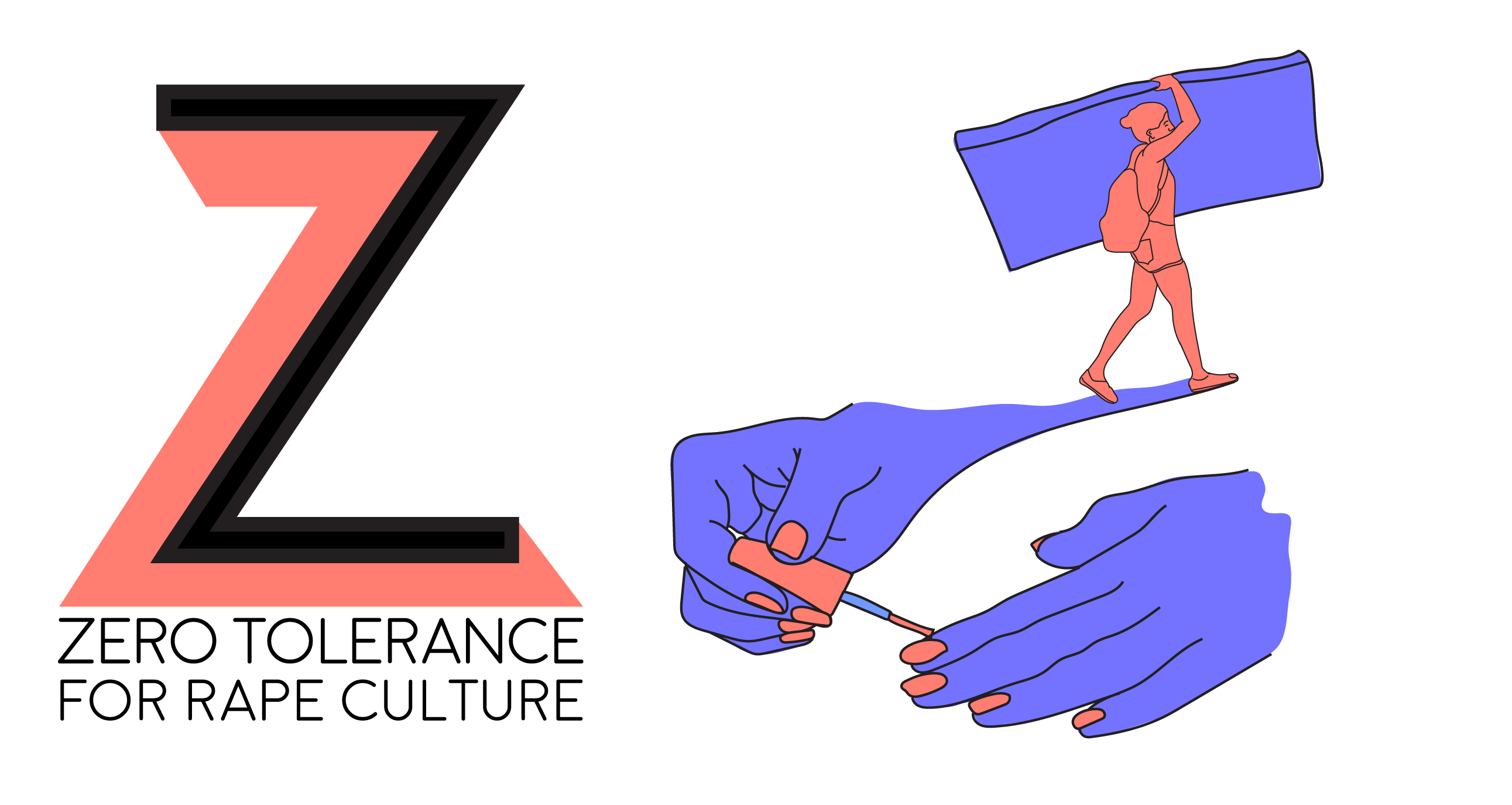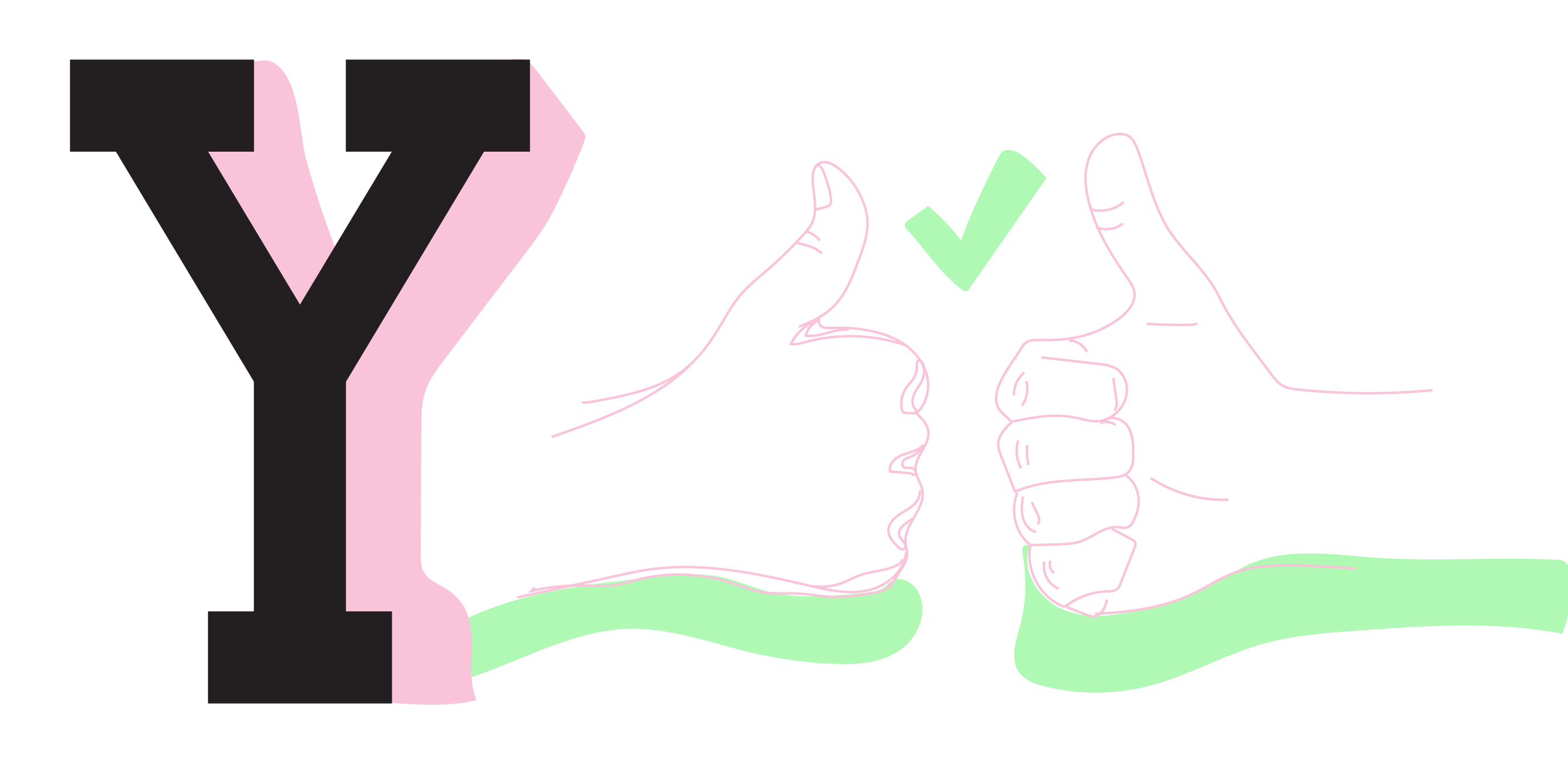E is for Eating Disorders
If you go to the UCLA counseling website, there is a section on the left for “Special Programs” that are available through CAPS. These programs include “Mood and Anxiety Disorder Program,” “Suicide Prevention,” and “Eating Disorders and Disordered Eating.” But when you click on any of these links, the notice “This webpage is under construction” is shown.
Eating disorders can cover a wide range of issues. Some of the most common of these disorders include binge eating, anorexia and bulimia nervosa. There are also disorders that are not talked about in the media often, like atypical anorexia, purging without binging, night eating, and restrictive food intake.
UCLA offers training for identifying and helping “distressed students,” but it is a service exclusively for employees.
So what if you or someone you know is currently struggling with an eating disorder? With a webpage under construction, where can you go for help?
If you do not want to talk with someone right away, there are a few sites hosted by UCLA that are filled with information.
UCLA hosts links to multiple websites exclusively designed to help identify types of eating disorders and give support. They include the National Eating Disorders website, Overeaters Anonymous, Something Fishy, American Psychological Association, and Women’s Health. All of these sites hold information, resources and tips for personal use and to give to others.
If you use the search bar at the top of the Wellness Center page and type in “Eating Disorders” or “Disordered Eating,” another website will show. The Eating Disorders Program has two programs. One is an inpatient and partial hospitalization program that serves people of all ages, and the other is an outpatient program with an adolescent group and an adult group. Patients have no set commitment time, other than at least three months for outpatient groups. Costs are determined during admission, but the program states that Medi-Cal does not cover the program at all.
So what if you are a college student that is only covered by Medi-Cal? Where can you go for help? Besides talking to a counselor one-on-one, there are places to get information and help on campus.
The Winter 2014 Therapy Group list holds two “Disordered Eating” meetings. The description states that the “group is designed to help members understand the relationships among disordered eating and relationships, weight and shape concerns, situational triggers and personal factors.” The second meeting is an additional support group for individuals who have already gone through the first in a previous quarter and need more guidance and assistance to stay strong against their disorder. There are also flyers and pamphlets available for free within the CAPS building.
The next step to take is to try talking to whoever you think might be dealing with an unhealthy relationship with food.
According to National Eating Disorders, there are many steps that need to be taken in order for this type of calm confrontation to be successful.
- Pick a time to talk. Make sure the area is quiet and you are alone.
- Communicate. Be calm in the approach, and try to be as specific as possible. Tell them when you noticed them not eating, eating too much or going to the restroom right after finishing a meal.
- Avoid conflict. It is likely that your friend will try to deny anything is happening. Be sure to listen and understand their rebuttal, but if it sounds more like excuses, reiterate your points.
- Do not place blame. Avoid “you” statements, like “You are being irresponsible and you need to eat properly.” Leading with “I” statements, like “I am concerned” or “I just want to make sure you are okay,” make it less of an attacking statement.
- Make sure they understand that you will give them full support no matter what happens.
If you go through all of these steps but the results are not what you thought they would be, and there is a feeling that your friend still may be in danger, contact CAPS and speak to a trained professional.
On the referral website, it states that they do allow friends to accompany others when first coming in. This is extremely helpful for individuals who want help but who fear taking these steps alone.
UCLA has one of the best medical centers in the United States. While finding information about what to do if you are dealing with an eating disorder can be slightly challenging while the main page for eating disorders is under construction, do not be scared to talk to someone for help. Your actions might help save the life of someone you love, including your own.




